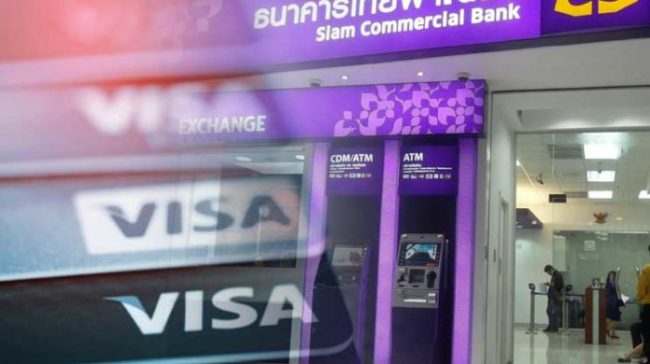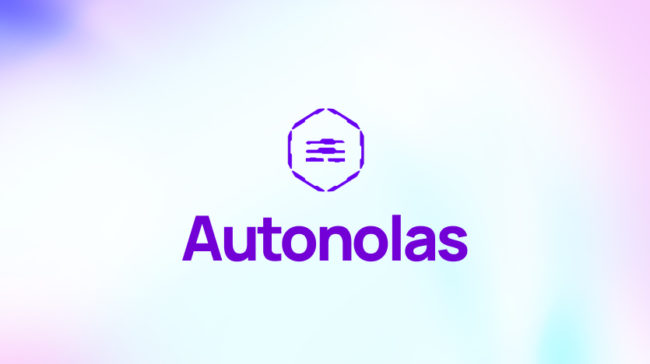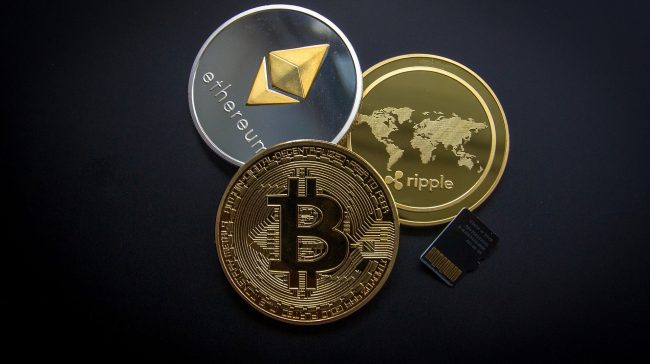
Thailand’s fourth-largest bank, Kasikornbank, has just signed up with Visa B2B Connect’s blockchain-based cross-border payments solution, according to the local Thai publication The Nation.
Kasikornbank is the first Thai Bank to adopt Visa B2B Connect blockchain technology-based solution
The Nation reports that Kasikornbank is the first bank in the country to employ the new blockchain technology-based cross-border payments solution offered by Visa, paving the way for broader adoption of blockchain in Thailand’s banking sector.
Suripong Tantiyanon, the Country Manager for Visa in Thailand, said that the blockchain-based Visa B2B Connect platform for international transactions would back up further advances in “security, governance, and distributed ledger technology” in Thailand and the other countries where it is present.
Several banks around the world are already using Visa B2B Connect for cross-border payments
The use of blockchain technology for cross-border payments will assist his company in achieving the leadership in the industry because of the extra security for transactions, says Senior Vice President of Kasikornbank Siriporn Wongtriphop.
The B2B Connect was released in 2017 to handle cross-border payments for businesses, as per the Visa website. US Commerce Bank, South Korean Shinhan Bank, Union Bank of Philippines and United Overseas Bank in Singapore are mentioned amongst the very first partners that can directly conduct transactions between each other via Visa’s B2B technology built on blockchain technology.
Thai banks take more steps towards crypto and blockchain technology adoption
Kasikornbank, previously called the Thai Farmers Bank, is established in Bangkok. According to Moody’s latest investigations, Kasikornbank had $96 billion in total holdings by March 2018.
Last month, the Bank of Thailand (BoT) started to permit local banks to establish branches to handle cryptocurrencies. According to those regulations issued by the Central Bank of Thailand in August, Thai banks can also emit crypto tokens, offer cryptocurrency exchange services, carry out cryptocurrency-related operations, and also invest in cryptos.




